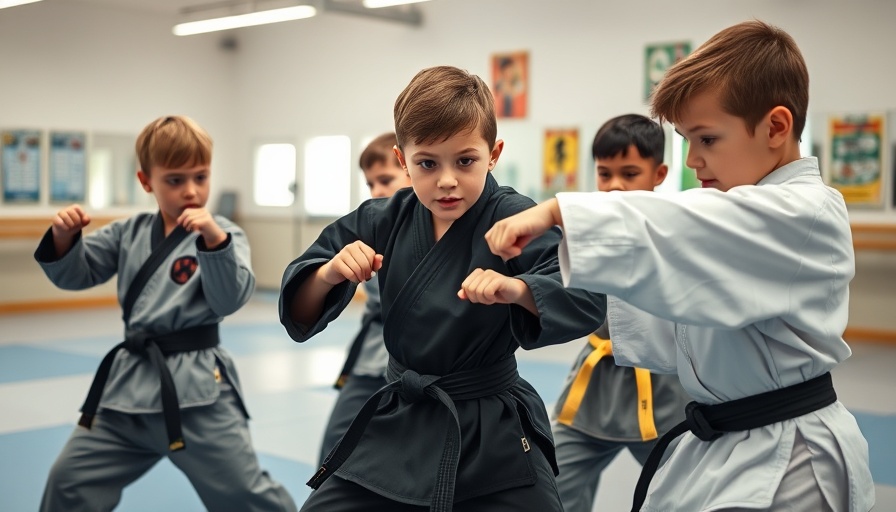
Understanding the Power of Apologizing
Teaching kids how to genuinely apologize can be one of the most important life lessons. This skill is vital for personal growth, social interactions, and building healthy relationships. An apology is more than just words; it's an expression of understanding, accountability, and emotional intelligence. In martial arts, where respect and discipline are paramount, children can learn this lesson in a uniquely powerful way.
Martial Arts: A Platform for Growth
Martial arts classes offer a structured environment where students face challenges and make mistakes in safe circumstances. Instead of merely punishing errors, instructors view them as opportunities to learn and improve. For instance, when a child accidentally strikes a partner or breaks a rule during practice, they can learn to acknowledge their mistake and apologize sincerely. This isn’t just about etiquette; it’s a crucial step in their emotional development.
Creating Empathy Through Practice
Empathy is at the heart of resolving conflicts. In martial arts, students are taught to respect their opponents and understand the impact of their actions. Practicing different scenarios, such as sparring or working in pairs, gives kids a tangible sense of how their actions can affect others. When a child sees that their mistake resulted in their partner feeling hurt or disrespected, they can grasp the importance of apologizing and making amends.
Building Confidence with Each Apology
Confidence can often stem from making mistakes and learning how to deal with them. In martial arts, kids regularly engage in sparring, which can lead to unexpected situations. Classmates might have to apologize to each other for accidents that occur during drills. This teaches them that it’s okay to be imperfect, and that taking responsibility for one's actions ultimately builds stronger character. Each apology delivered authentically reinforces their self-esteem and resilience.
Strategies for Teaching Apologies
Instructors can incorporate activities that facilitate learning how to apologize into their lessons. For example, after a sparring session, students can share how they felt during the practice, especially when something went wrong. This reflection allows them to connect their feelings with their actions and encourages them to express their apologies in a thoughtful manner. Consider techniques such as role-playing and storytelling, which demonstrate real-life scenarios where apologies are essential, enriching the lesson even further.
The Ripple Effect of Apologies
The effects of teaching children to say ‘I’m sorry’ extend beyond the dojo. When kids understand how to apologize sincerely, they take this skill into their daily interactions at school, home, and with friends. Studies show that children who learn to apologize experience better social relationships and reduced instances of bullying. With more empathy and emotional awareness, they are better equipped to navigate conflicts in a constructive manner.
Conclusion: The Journey Toward Emotional Mastery
Ultimately, teaching children to say 'I'm sorry' through martial arts is more than a lesson in courtesy; it's a cornerstone of emotional intelligence. This journey allows them to develop resilience, nurture empathy, and establish strong relationships that will benefit them throughout their lives. For parents and martial arts instructors, recognizing the importance of this life lesson could transform the approach to both training and personal development.
 Add Row
Add Row  Add
Add 








Write A Comment